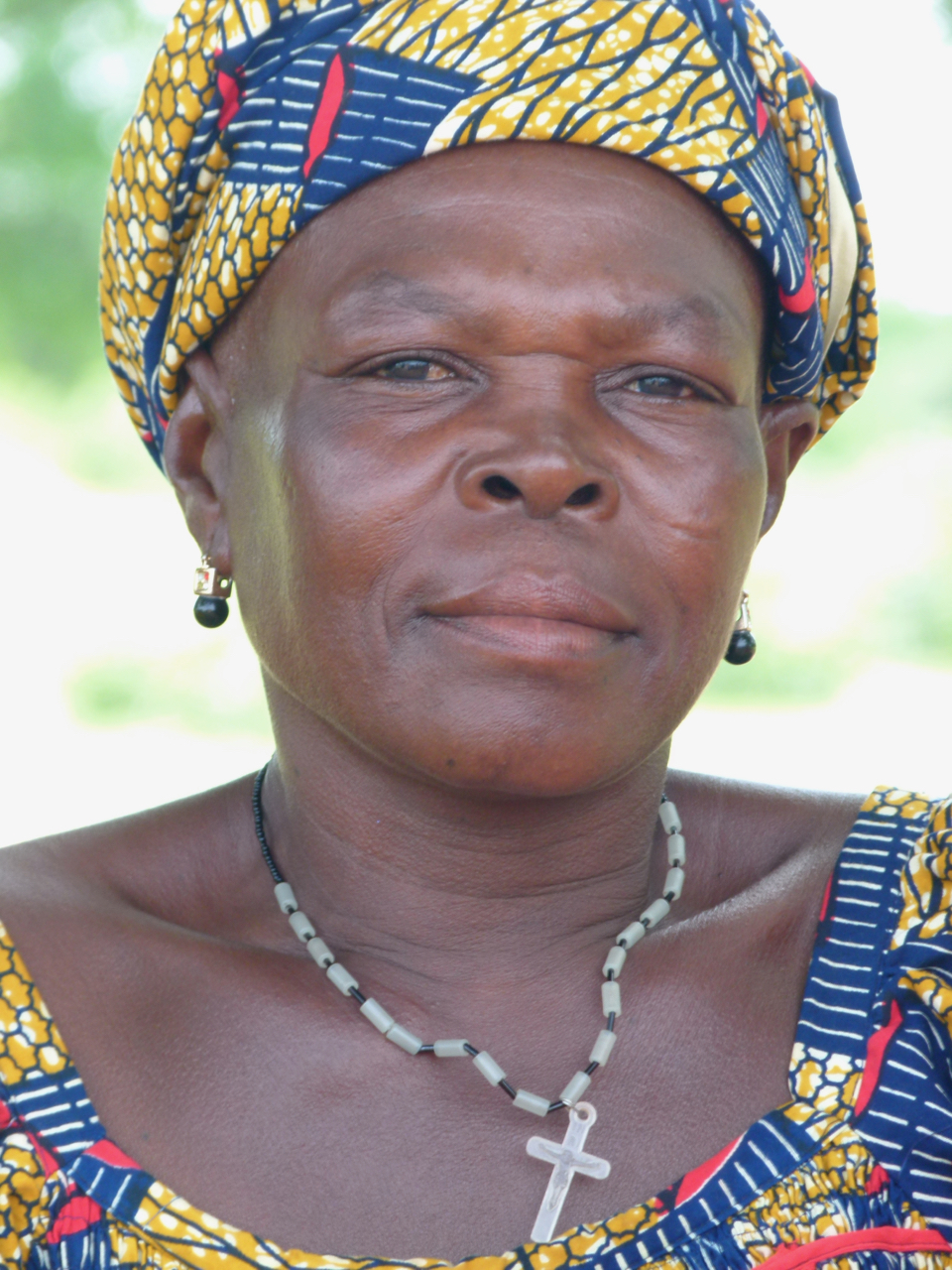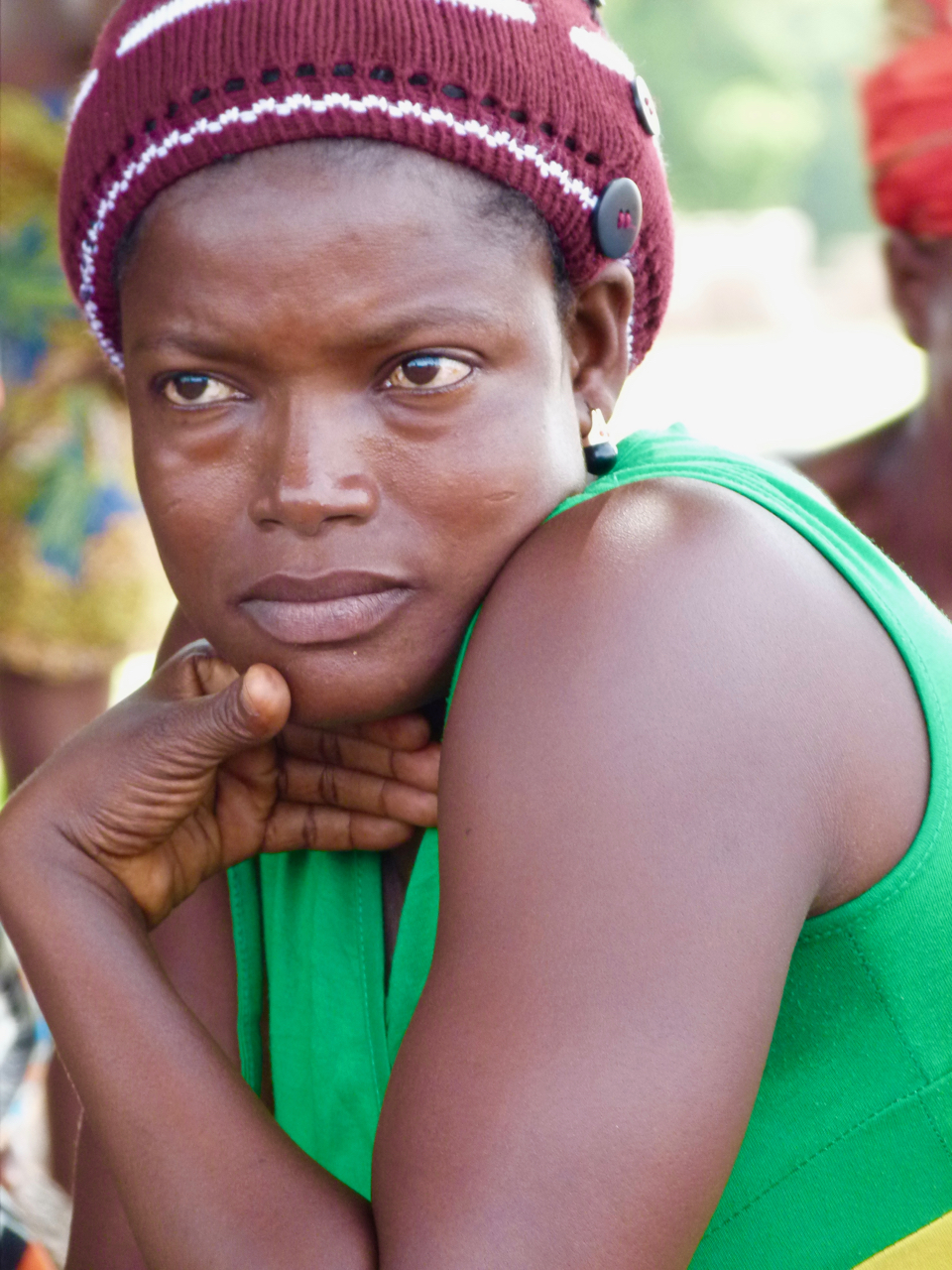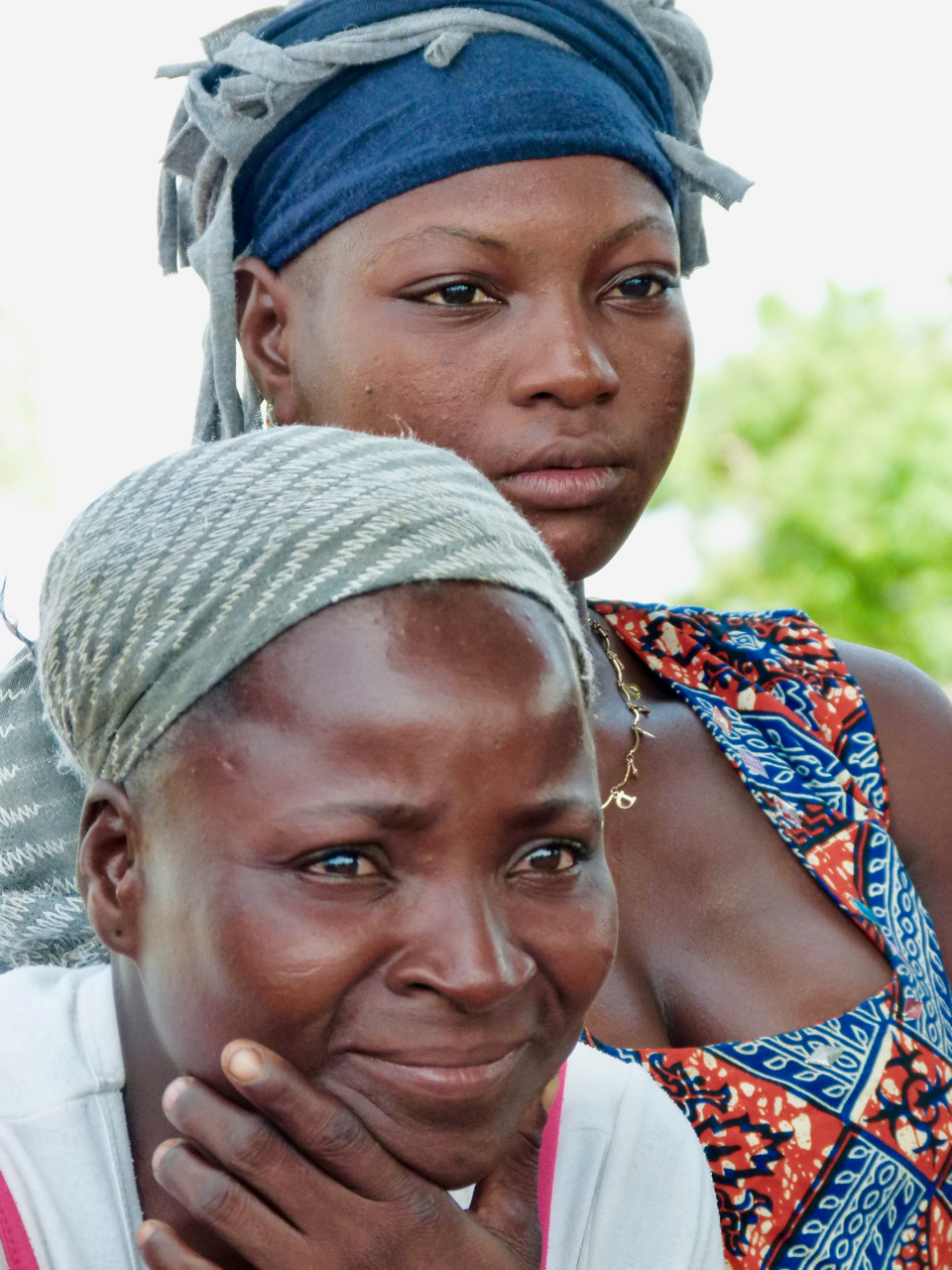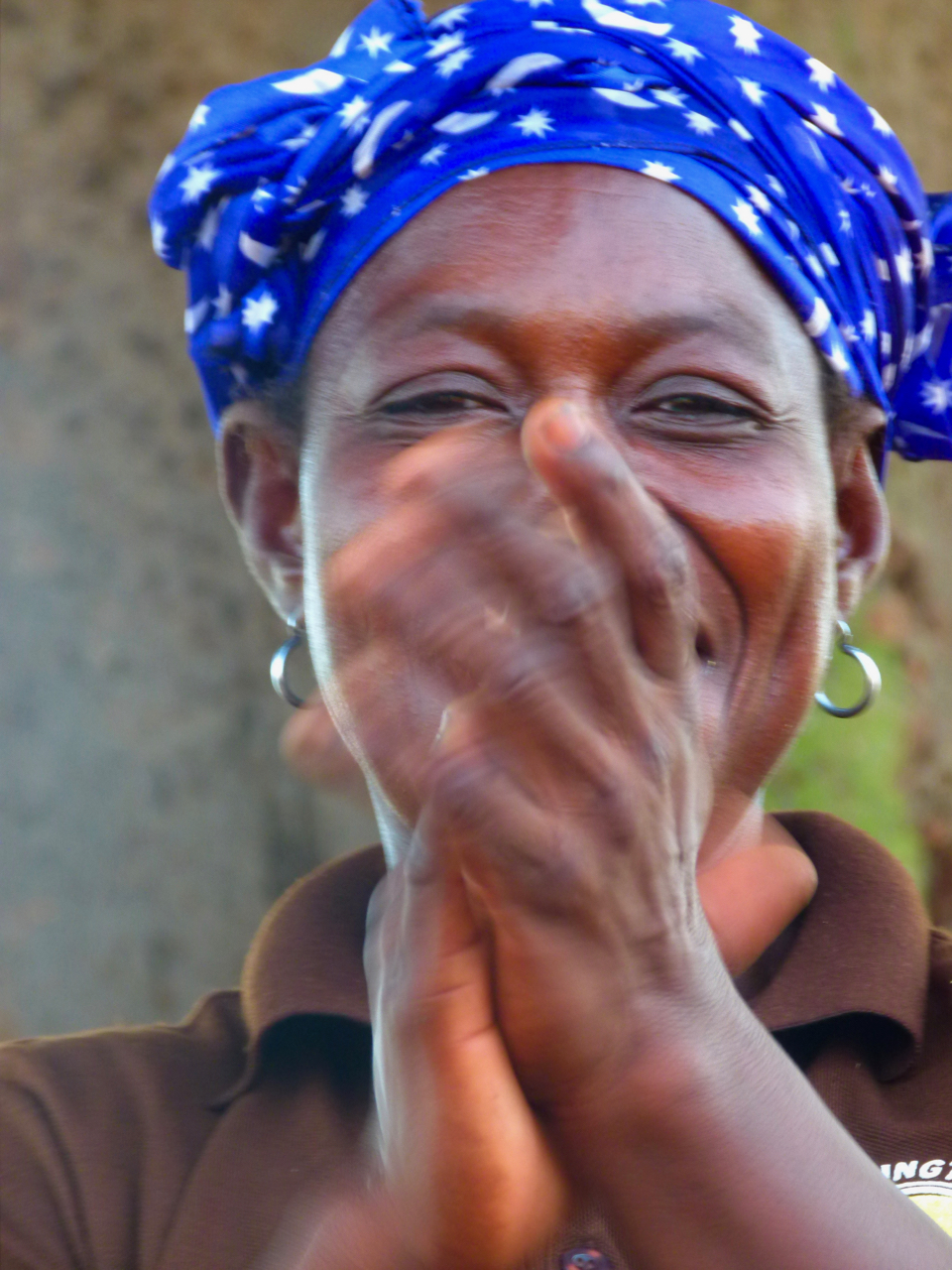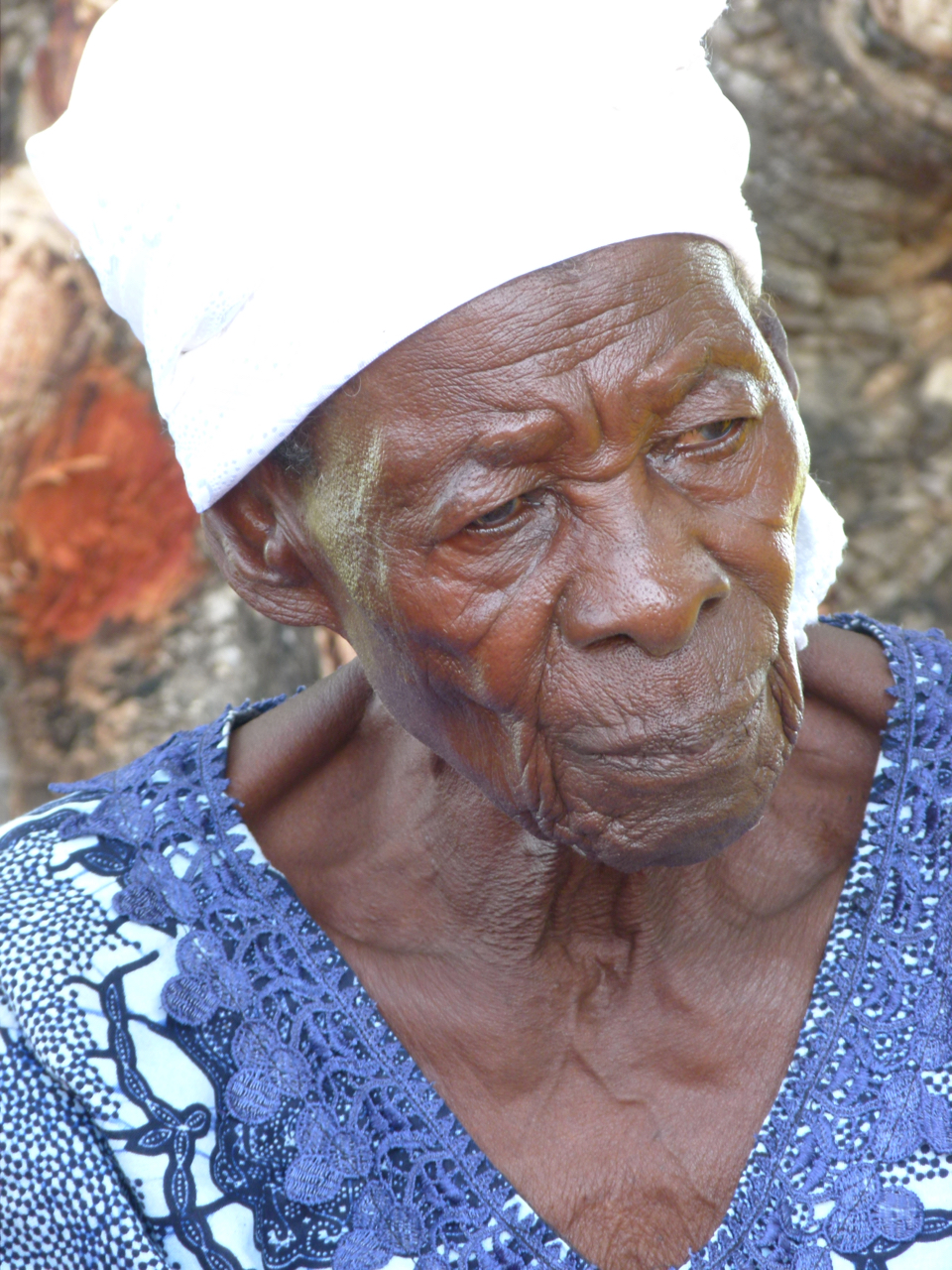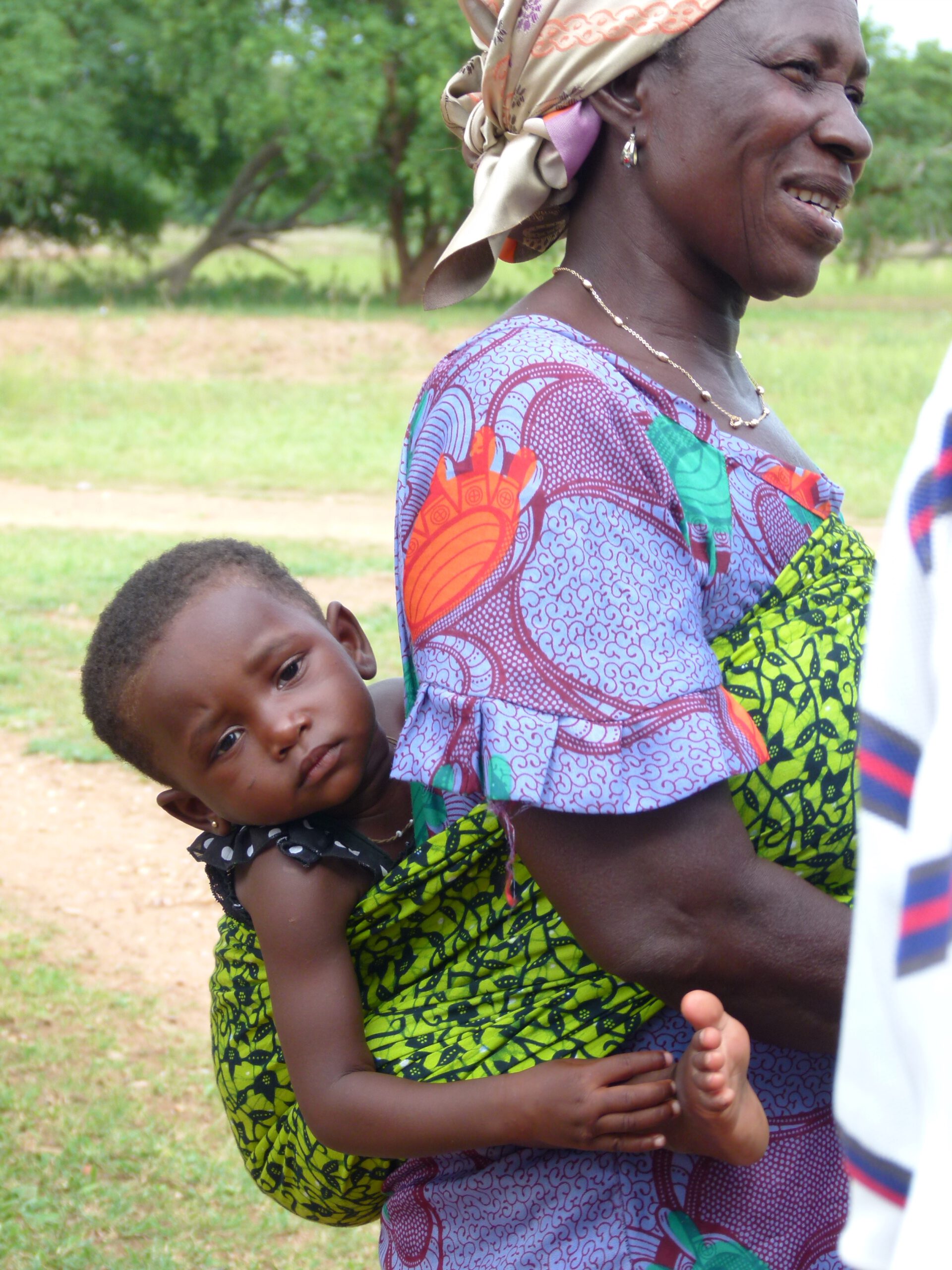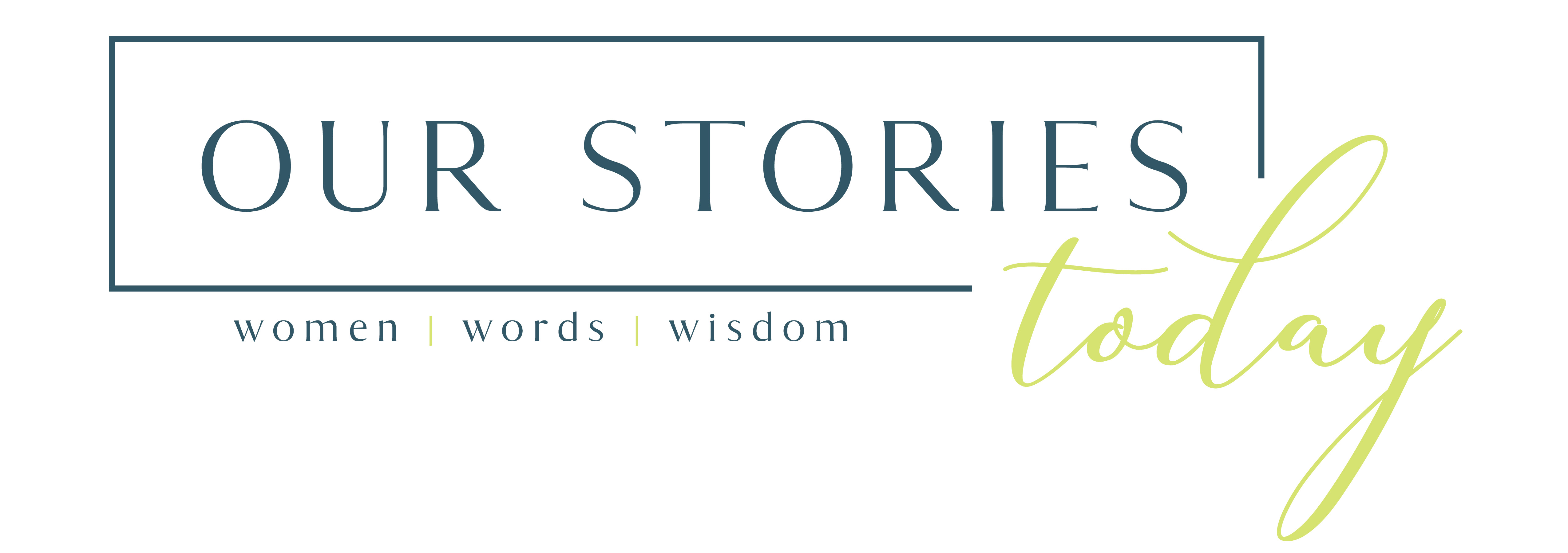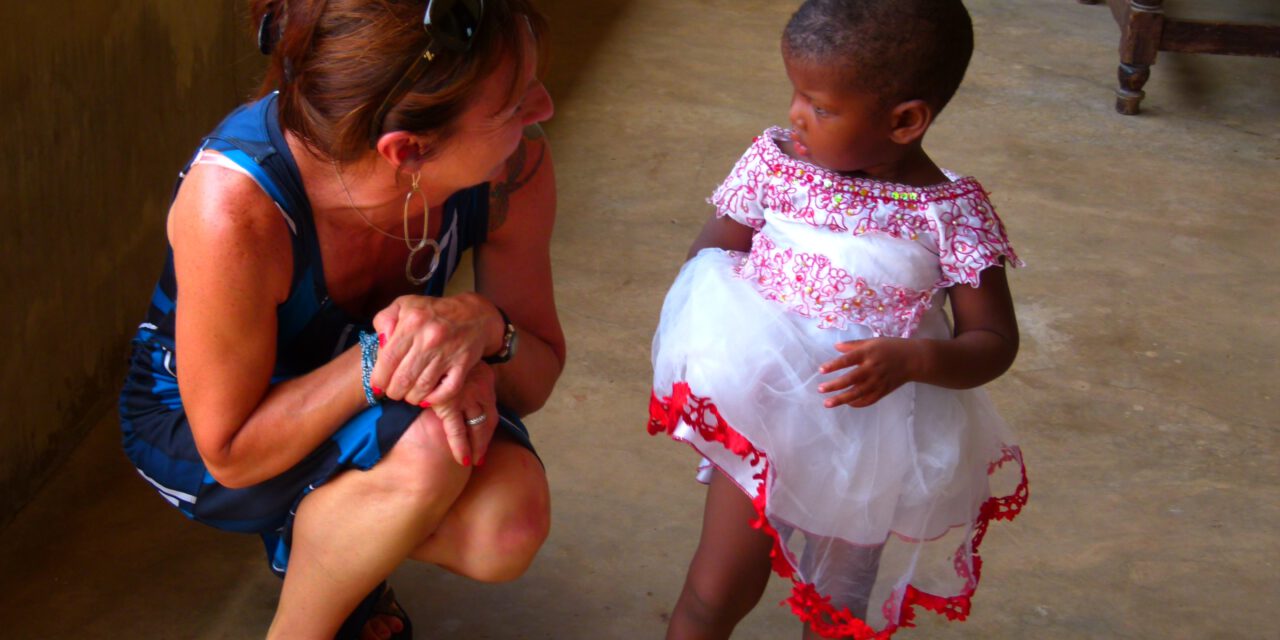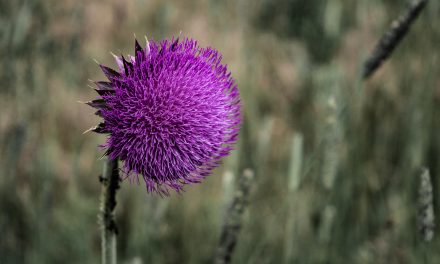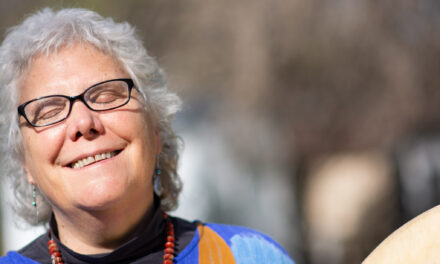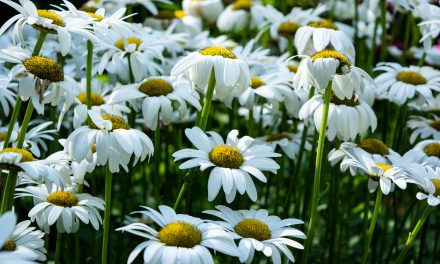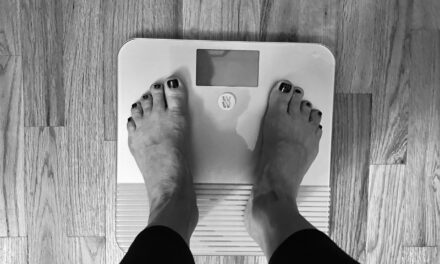We pretend that comfort comes in the form of material things and personal freedoms to do whatever we want.
I went to Ghana in 2013 to accompany my dear friend Chris Bierbrier and document the beneficiaries of the work she had done there with her nonprofit Routes to Africa.
When Chris asked me if I wanted to join her as writer and photographer, I jumped at the chance and giddily began preparing for the journey. But in the midst of making arrangements for immunizations and the documentation I would need (which arrived a mere two days before I was to leave), I did not make arrangements for considering how this trip might impact me emotionally or the reality that though this would be quite the adventure, it was not a holiday. The experience developed into one enormous learning opportunity which continues to this day.
Many things went wrong while I was in Ghana. I fell into a deep sadness. My brain was on overload and my emotions from each day swelled and became harder and harder to hide or explain. The intensity of being ever so careful with food and cleanliness wasn’t enough and I became very ill a few days before we left. I developed an aversion to tilapia after going to a market where the fish was covered with flies (though that was not where our meals came from) and would only eat vegetarian fare. I begged out of evening dinners, eating Luna bars and trying to make sense of what I was seeing and feeling.
This was the first time in my life where the color of my skin caused me to stand out. Being a woman made me particularly noticeable. When we were exploring the shops in Accra, we would be surrounded by young men as soon as we left the car. They would sing joyfully, “Obama-land, Obama-land,” and invite us to parties. One man even asked to sleep with me, but though I felt vulnerable, I did not feel unsafe.
I felt inadequate, soft. The women I encountered every day were powerful, strong, extraordinarily beautiful. They wore confidence like a crown.
Ghana ripped away my little fantasy world and shook me up. These women were REAL and in most instance without artifice. They demanded respect.
Something began to happen to me, something that continues to percolate in my soul.
I learned my strength and authenticity had boundaries and that I was afraid of letting myself be seen, really seen. Spouting affirmations and speaking of positive energy were dreamy ideations and the world around me was far from dreamy. Ghana was an assault on the senses, the noise, color and varieties of human beings. It was not possible to live inside a fantasy world while there. Slowly those layers I had been keeping under wraps were peeled away. Here, I could not hide.
I fixated on the garbage alongside the road, so many plastic water bottles, and let that break my heart.
Yet, the real breaking had little to do with those water bottles.
Chris and her nonprofit had made a real difference by making secondary school possible for many children who would otherwise not have the opportunity. She explained to me, “I know I can’t help everyone, but I do what I can.” Her realistic approach knocked me off kilter. She was right and her words made me consider how sometimes aiming too high can be unrealistic and leave us grounded. Sometimes aiming lower is the best we can do and allows us to take flight.
In the midst of so much need, I was embarrassed to be grieving for something I did not have.
I was uncomfortable. How could I be comfortable in the midst of so much pride, openness and kindness and powerful truth? I found it hard to let myself be known in the same way, which begged the question, what was I protecting myself from?
Though many of these village families appeared to not have enough, I was mistaken. For they have something far more valuable than flushing toilets, long hot showers, or television and reliable internet.
They have each other. They know they need to depend upon one another for survival.
One day in the northern part of Ghana, in the village of Bolgatanga, we were met by a group of women and children. They sang and danced as Chris and I took our time looking into each woman’s eyes, shook their hands and said hello. The joy on their faces was one of the most beautiful things I have ever seen then or since.
These women and the feeling of community they generated was powerful and generated a torrent of emotion, but I couldn’t quite grasp why. It has taken years of inner prodding to unwrap my envy of their sense of belonging and purpose. I was envious of their female community. I was longing for this, deeply.
I’ve never felt such unconditional love, gratitude and acceptance in a community of women. Or the knowledge that if I am struggling or in need, there is a true sisterhood that has my back and will do what they can to ease my way.
Of course, I’ve had individuals who are there for me, but I have not experienced female community like I did in Ghana. I don’t believe this exists in our culture.
We pretend that comfort comes in the form of material things and personal freedoms to do whatever we want. But given that so many human beings are miserable and feel disconnected right now, and cannot seem to come together to work for the common good, I feel confident in saying this is not the case.
We can delude ourselves all we want that our individuality is the most important treasure there is, but if that comes at the cost of ignoring the needs of our community members and those who are in need or who suffer, we are not the enlightened women we think we are.
Age has taught me that we are blessed for the experiences that transform us, even if we don’t feel in need of transformation at the time.
Sometimes our most challenging moments lead us to the greatest riches.
